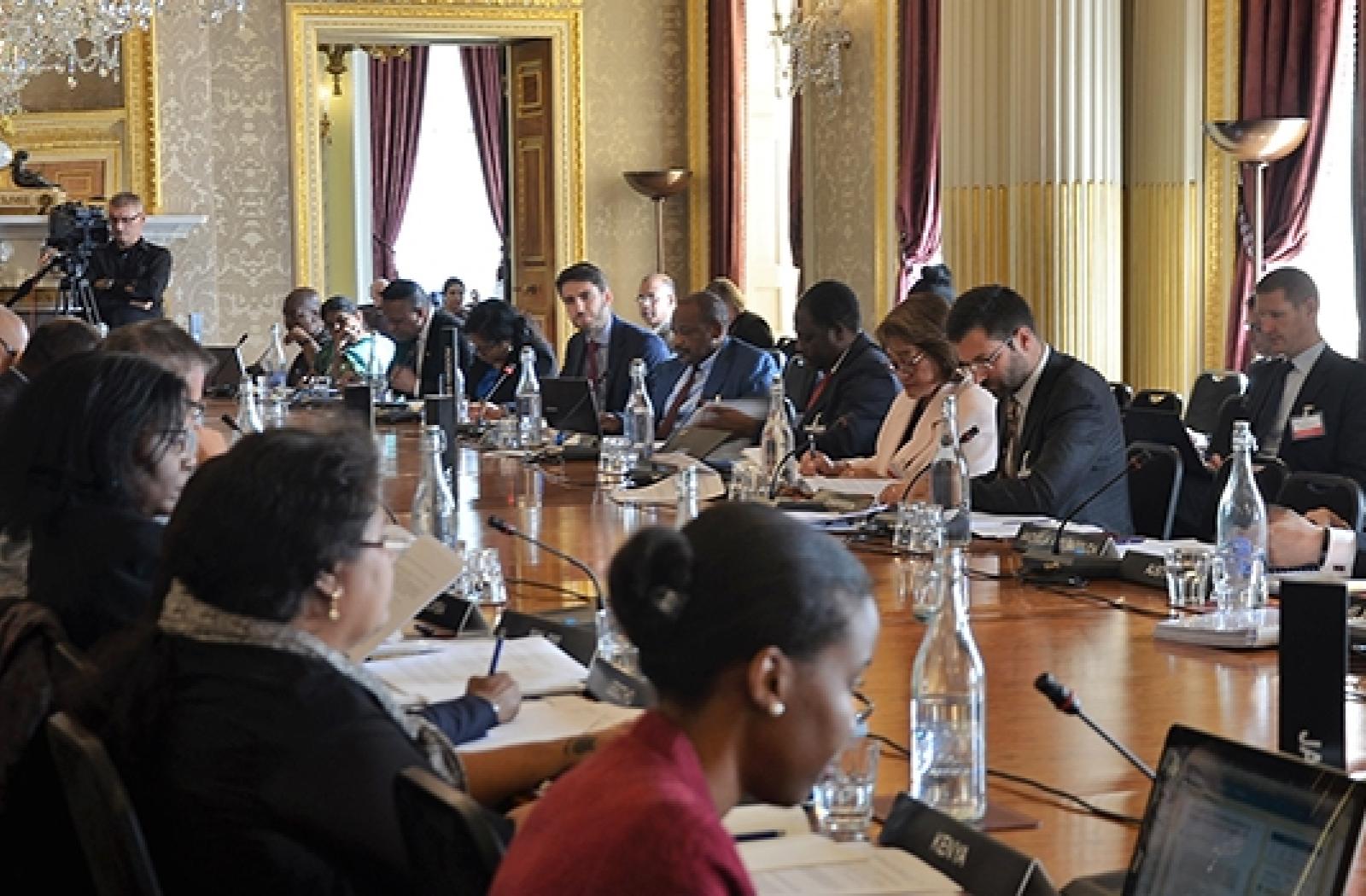Commonwealth countries are at risk of losing foreign investment and trade from not having modern dispute resolution systems available to their business communities.

Commonwealth countries are at risk of losing foreign investment and trade from not having modern dispute resolution systems available to their business communities.
This is one of the key messages from a major study on international commercial arbitration in the Commonwealth which has been published.
Sustainable economic growth
A primary objective of the Commonwealth is to boost trade among member nations while fostering sustainable economic growth and development.
However, a significant source of economic growth remains untapped due to the majority of small to medium-sized enterprises (SMEs) not expanding into international markets.
One of the barriers to cross-border trade is uncertainty over dispute resolution, so an effective system is seen as essential to encouraging SMEs to do business in other countries.
International commercial arbitration
International commercial arbitration is one tool available to companies and is already popular in certain sectors such as commodities and maritime.
Its advantages include being neutral, efficient and enforceable.
A system offering these benefits is also seen as an important provision for countries looking to attract foreign investors.
The study identifies 10 challenges hindering the use of international commercial arbitration as a dispute resolution mechanism.
One of these challenges is that more than half of Commonwealth countries do not have a structure that reflects modern best practice, with a small number not having a legislative framework for arbitration at all.
Other obstacles include:
- costs
- regulatory issues
- lack of understanding, expertise and diversity
Seven solutions
The study sets out seven solutions, including calls to action for countries to become party to the New York Convention on foreign arbitral awards and to adopt a modern arbitration law based on the UNCITRAL (United Nations Commission on International Trade Law) model law.
The New York Convention provides the framework for the enforcement of arbitration agreements and is regarded as the most important international instrument for the practice and development of international commercial arbitration. Thirty per cent of Commonwealth countries are not members of the New York Convention.
The study warns: “Countries that lack these hallmarks of a modern international arbitration framework are at risk of losing foreign direct investment and trade revenue from not having a modern dispute resolution regime available to their business community.”
The study also makes other recommendations to:
- ease costs
- increase awareness
- enhance diversity
- build capacity
The study says regulatory changes could include member countries permitting foreign counsel participation in arbitration and enhancing existing tax and visa restrictions.
Commonwealth Secretariat legal adviser Matthew Moorhead said: “The Commonwealth International Commercial Arbitration Study, including reports on commercial arbitration in every Commonwealth country, is a comprehensive and thoroughly researched snapshot of the state of international commercial arbitration throughout the Commonwealth.
“It is a valuable resource to governments, arbitrators, and potential investors and traders.”
The Commonwealth OCCJR
The study was developed by the Commonwealth Secretariat’s Office of Civil and Criminal Justice Reform. It was overseen by an expert group of law and trade specialists led by Dr Petra Butler.
At 663 pages long, including the country reports, the in-depth study is an important contribution to understanding of international commercial arbitration.
Download the study
A Study of International Commercial Arbitration in the Commonwealth (PDF)



